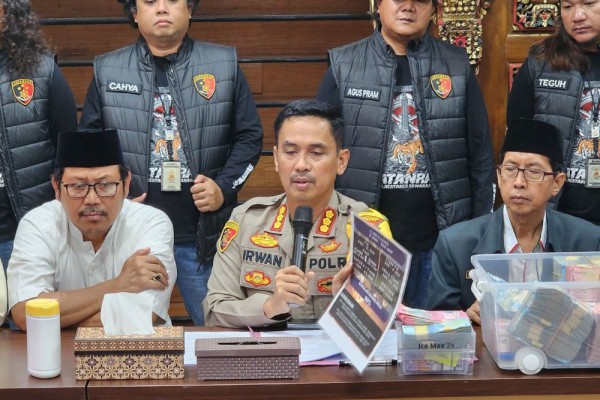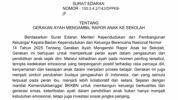Amnesty International Demands Accountability for Fatal Police Shootings in Indonesia
The Indonesian government must also reconsider and revise its regulations regarding the use of firearms by law enforcement officers. Amnesty International emphasizes that firearms should only be used as a last resort, in accordance with the principles of legality, necessity, proportionality, and accountability.
Such revisions are critical to ensuring that law enforcement in Indonesia respects human rights and upholds the fundamental right to life. Without these changes, the risk of further abuses will remain high, leading to more unnecessary deaths at the hands of police officers.
Since the beginning of 2024, Amnesty International Indonesia has documented at least 31 extrajudicial killings by law enforcement, resulting in the deaths of 31 individuals. In the past month alone, there have been at least eight such incidents, with a majority of the perpetrators being police officers. This highlights an alarming trend of unchecked police violence throughout the country.
Extrajudicial killings are a serious violation of human rights, particularly the right to life, which is enshrined in both international and domestic law. Article 6 of the International Covenant on Civil and Political Rights (ICCPR) makes it clear that every individual has the inherent right to life and that no one should be arbitrarily deprived of it. Failure to hold police officers accountable for extrajudicial killings constitutes a grave violation of international human rights law.
In Indonesia, the right to life is also protected under Article 28A and 28I of the 1945 Constitution and Law No. 39 of 1999 on Human Rights. These laws state that every person has the right to life and the right to defend it, and that no one may be subjected to torture or cruel, inhuman, or degrading treatment. These rights are non-derogable, meaning they cannot be suspended, even in times of emergency.



























Tinggalkan Balasan